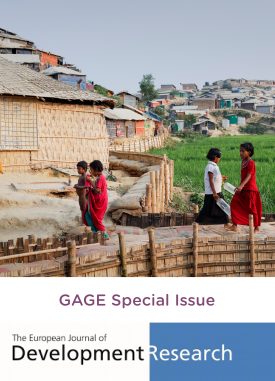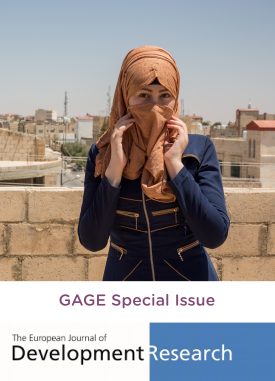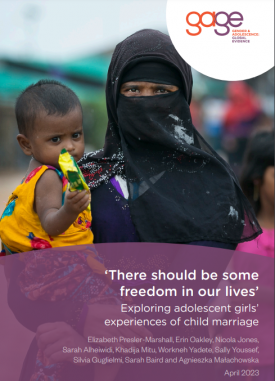Each year, more than 12 million adolescent girls (aged 15-19) in the Global South become mothers (World Health Organization (WHO), 2022). These girls – the vast majority of whom (90%) are married – not only experience health consequences as a result of early motherhood but are also likely to lose access to education (which limits their contact with peers and their prospects for obtaining decent work in future), and more likely to be exposed to violence in the household and in the community (Girls Not Brides, 2023; Huda et al., 2022 UNICEF, 2022; World Bank, 2022). Despite the sheer number of the world’s young mothers, and the many and intersecting risks they face, research and programming focuses predominantly on preventing adolescent motherhood, rather than on supporting these young women as they simultaneously juggle growing up and becoming mothers. This brief aims to highlight young mothers’ vulnerabilities and explore how services and programming might be better tailored to meet their needs.
Suggested citation:
Presler-Marshall, E., Oakley, E., Jones, N., Alheiwidi, S., Mitu, K., Yadete, W., Youssef, S., Guglielmi, S., Baird, S. and Małachowska, A. (2023) “‘There is no single day I am relaxed in my heart’: GAGE findings on the lives of adolescent mothers.” Policy brief. London: Gender and Adolescence: Global Evidence. (https://www.gage.odi.org/publication/there-is-no-single-day-i-am-relaxed-in-my-heart-gage-findings-on-the-lives-of-adolescent-mothers-2)


